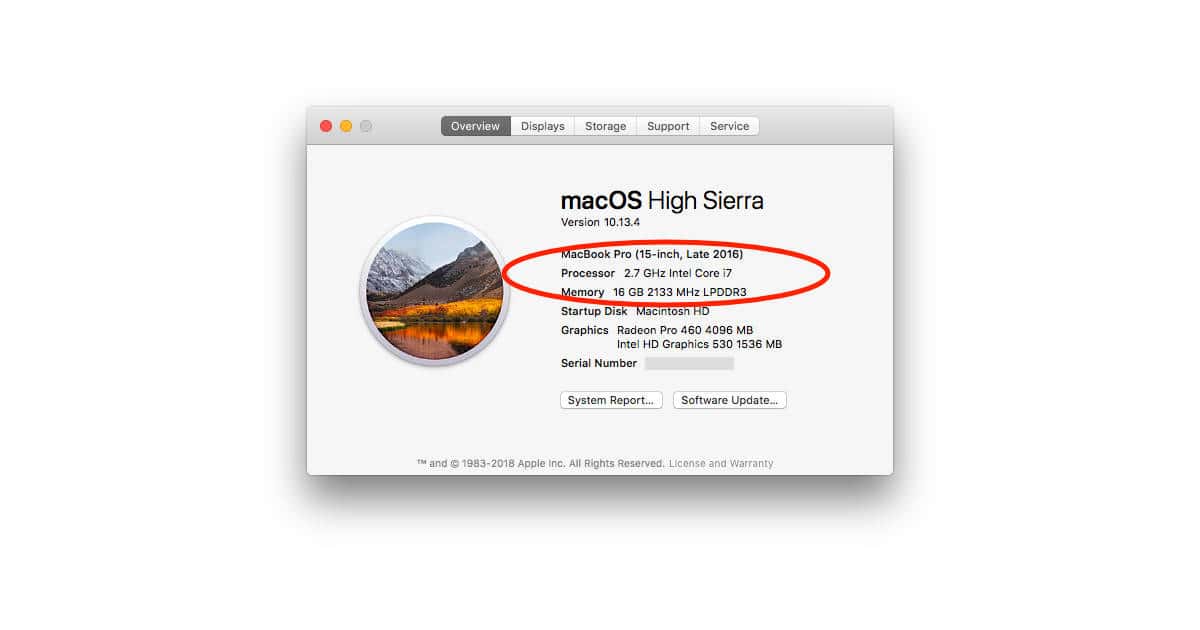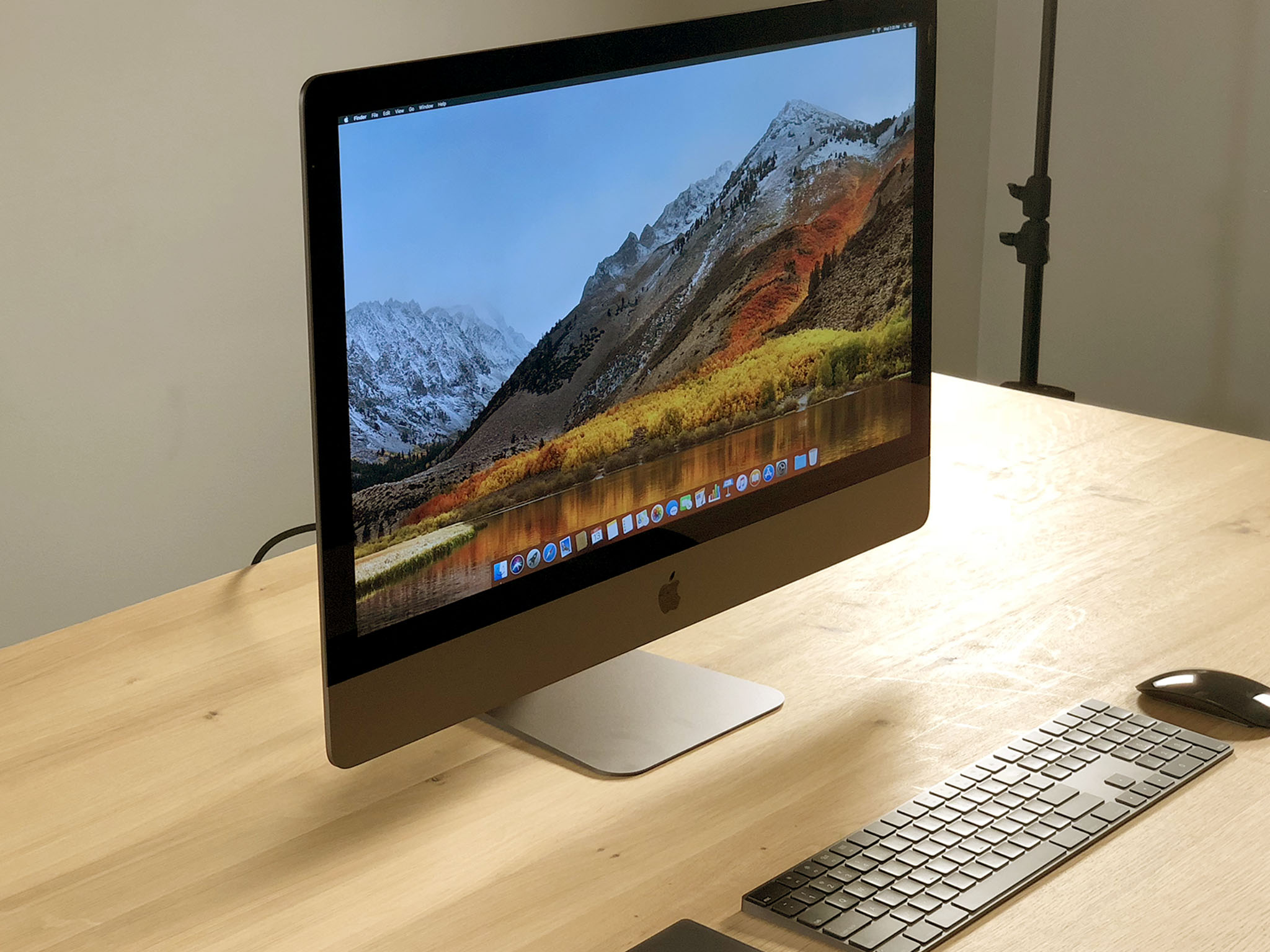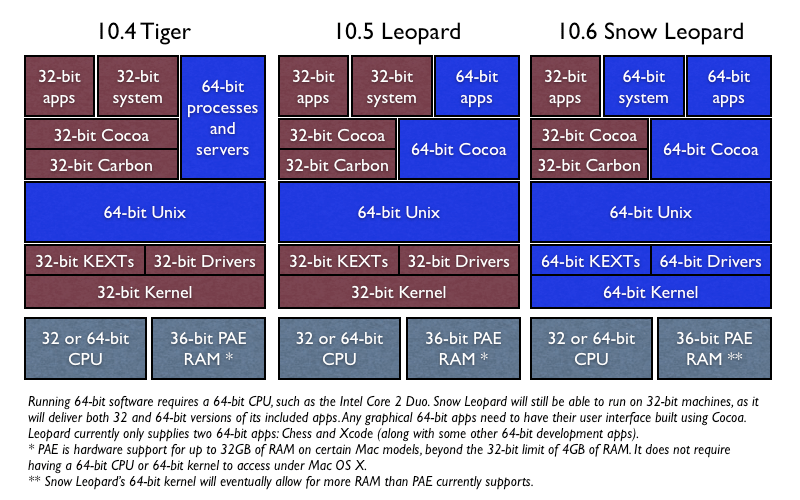Learn how the Mac App Store beautifully showcases your apps and makes them even easier to find, and how Developer ID and notarization make it safer for users to install apps that you distribute yourself.
Mac App Store
The Mac App Store makes it simple for customers to discover, purchase, and download your apps, and easily keep them updated. Organized around the specific things customers love to do on Mac, along with insightful stories, curated collections, and videos, the Mac App Store beautifully showcases your apps and makes them even easier to find.
The OSX build is now based on the GTK port which is more up-to-date. Assorted Highlights: synchronous SPU mode to fix streaming sounds; win32: lua engine, path configuration, 7z dearchiving support; If you want to know more, you can read the complete press release.
iPhone and iPad apps on Apple silicon Macs
- Contains R 3.6.3 framework, R.app GUI 1.70 in 64-bit for Intel Macs, Tcl/Tk 8.6.6 X11 libraries and Texinfo 5.2. The latter two components are optional and can be ommitted when choosing 'custom install', they are only needed if you want to use the tcltk R package or build package documentation from sources.
- Flexibility is an important leverage. This is why Mindomo isn't limited to only one platform. On the contrary, you have the option to choose your favorite platform to work in an accessible way: web-based mind mapping software/ Desktop version/ mobile app.
The Mac App Store brings iPhone and iPad apps to Apple silicon Macs — so your apps can reach even more users worldwide. By default, your apps will be published automatically on the Mac App Store. Confirm that your apps gracefully handle cases where iPhone and iPad features are not available on Mac.

iPad apps that support modern technologies like keyboard input, multitasking, size classes, and SwiftUI will automatically inherit great macOS features like resizability and full screen mode.
Web Extensions
Mac Osx 64 Bit App

Safari Web Extensions can add custom functionality to Safari 14 using the same WebExtensions API used in other browsers, such as Chrome, Firefox, and Edge. And with a new conversion tool in Xcode 12, you can quickly bring your existing extensions to Safari and make them available on the Mac App Store.

Mac Os X 64-bit Iso
Outside the Mac App Store
While the Mac App Store is the safest place for users to get software for their Mac, you may choose to distribute your Mac apps in other ways. Gatekeeper on macOS helps protect users from downloading and installing malicious software by checking for a Developer ID certificate. Make sure to test your apps with the latest version of macOS and sign your apps, plug-ins, or installer packages to let Gatekeeper know they’re safe to install.
You can also give users even more confidence in your apps by submitting them to Apple to be notarized.
Mac Logo
The Mac logo is designed to easily identify software products and hardware peripherals developed to run on macOS and take advantage of its advanced features.
| Mac App Store | Outside Mac App Store | |
|---|---|---|
| App Distribution | Hosted by Apple | Managed by developer (with Developer ID) |
| Software Updates | Hosted by Apple | Managed by developer |
| Worldwide Payment Processing | Managed by Apple | Managed by developer |
| Volume Purchasing and Education Pricing | Managed by Apple | Managed by developer |
| Advanced App Capabilities (iCloud Storage and Push Notifications) | Available | Available |
| App Store Services (In-App Purchase and Game Center) | Available | Not Available |
| 64-Bit | Required | Recommended |
| App Sandboxing | Required | Recommended |
This directory contains binaries for a base distribution and packages to run on Mac OS X (release 10.6 and above). Mac OS 8.6 to 9.2 (and Mac OS X 10.1) are no longer supported but you can find the last supported release of R for these systems (which is R 1.7.1) here. Releases for old Mac OS X systems (through Mac OS X 10.5) and PowerPC Macs can be found in the old directory.
Mac Os 64 Bit Only
Note: CRAN does not have Mac OS X systems and cannot check these binaries for viruses.Although we take precautions when assembling binaries, please use the normal precautions with downloaded executables.
Package binaries for R versions older than 3.2.0 are only available from the CRAN archive so users of such versions should adjust the CRAN mirror setting (https://cran-archive.r-project.org) accordingly.
R 4.0.4 'Lost Library Book' released on 2021/02/15
Please check the SHA1 checksum of the downloaded image to ensure that it has not been tampered with or corrupted during the mirroring process. For example type
openssl sha1 R-4.0.4.pkg
in the Terminal application to print the SHA1 checksum for the R-4.0.4.pkg image. On Mac OS X 10.7 and later you can also validate the signature using
pkgutil --check-signature R-4.0.4.pkg
Latest release:
Mac Os X 64 Bit Iso Download
| R-4.0.4.pkg (notarized and signed) SHA1-hash: 0b2b3bc846f6ebc72a8bc0b53e6e85d600d95deb (ca. 85MB) | R 4.0.4 binary for macOS 10.13 (High Sierra) and higher, signed and notarized package. Contains R 4.0.4 framework, R.app GUI 1.74 in 64-bit for Intel Macs, Tcl/Tk 8.6.6 X11 libraries and Texinfo 6.7. The latter two components are optional and can be ommitted when choosing 'custom install', they are only needed if you want to use the tcltk R package or build package documentation from sources. Note: the use of X11 (including tcltk) requires XQuartz to be installed since it is no longer part of OS X. Always re-install XQuartz when upgrading your macOS to a new major version. Also please do not install beta versions of XQuartz (even if offered). This release supports Intel Macs, but it is also known to work using Rosetta2 on M1-based Macs. Native Apple silicon binary is expected for R 4.1.0 if support for Fortran sabilizes, for experimental builds and updates see mac.R-project.org. Important: this release uses Xcode 12.4 and GNU Fortran 8.2. If you wish to compile R packages from sources, you will need to download GNU Fortran 8.2 - see the tools directory. |
| NEWS (for Mac GUI) | News features and changes in the R.app Mac GUI |
| Mac-GUI-1.74.tar.gz SHA1-hash: 2c791fd1fd2d8f90b0887c1f9541882200a6eab8 | Sources for the R.app GUI 1.74 for Mac OS X. This file is only needed if you want to join the development of the GUI, it is not intended for regular users. Read the INSTALL file for further instructions. |
Note: Previous R versions for El Capitan can be found in the el-capitan/base directory.Binaries for legacy OS X systems: | |
| R-3.6.3.nn.pkg (signed) SHA1-hash: c462c9b1f9b45d778f05b8d9aa25a9123b3557c4 (ca. 77MB) | R 3.6.3 binary for OS X 10.11 (El Capitan) and higher, signed package. Contains R 3.6.3 framework, R.app GUI 1.70 in 64-bit for Intel Macs, Tcl/Tk 8.6.6 X11 libraries and Texinfo 5.2. The latter two components are optional and can be ommitted when choosing 'custom install', they are only needed if you want to use the tcltk R package or build package documentation from sources. |
| R-3.3.3.pkg MD5-hash: 893ba010f303e666e19f86e4800f1fbf SHA1-hash: 5ae71b000b15805f95f38c08c45972d51ce3d027 (ca. 71MB) | R 3.3.3 binary for Mac OS X 10.9 (Mavericks) and higher, signed package. Contains R 3.3.3 framework, R.app GUI 1.69 in 64-bit for Intel Macs, Tcl/Tk 8.6.0 X11 libraries and Texinfo 5.2. The latter two components are optional and can be ommitted when choosing 'custom install', it is only needed if you want to use the tcltk R package or build package documentation from sources. Note: the use of X11 (including tcltk) requires XQuartz to be installed since it is no longer part of OS X. Always re-install XQuartz when upgrading your OS X to a new major version. |
| R-3.2.1-snowleopard.pkg MD5-hash: 58fe9d01314d9cb75ff80ccfb914fd65 SHA1-hash: be6e91db12bac22a324f0cb51c7efa9063ece0d0 (ca. 68MB) | R 3.2.1 legacy binary for Mac OS X 10.6 (Snow Leopard) - 10.8 (Mountain Lion), signed package. Contains R 3.2.1 framework, R.app GUI 1.66 in 64-bit for Intel Macs. This package contains the R framework, 64-bit GUI (R.app), Tcl/Tk 8.6.0 X11 libraries and Texinfop 5.2. GNU Fortran is NOT included (needed if you want to compile packages from sources that contain FORTRAN code) please see the tools directory. NOTE: the binary support for OS X before Mavericks is being phased out, we do not expect further releases! |

Subdirectories:
| tools | Additional tools necessary for building R for Mac OS X: Universal GNU Fortran compiler for Mac OS X (see R for Mac tools page for details). |
| base | Binaries of R builds for macOS 10.13 or higher (High Sierra) |
| contrib | Binaries of package builds for macOS 10.13 or higher (High Sierra) |
| el-capitan | Binaries of package builds for OS X 10.11 or higher (El Capitan build) |
| mavericks | Binaries of package builds for Mac OS X 10.9 or higher (Mavericks build) |
| old | Previously released R versions for Mac OS X |
You may also want to read the R FAQ and R for Mac OS X FAQ. For discussion of Mac-related topics and reporting Mac-specific bugs, please use the R-SIG-Mac mailing list.
Information, tools and most recent daily builds of the R GUI, R-patched and R-devel can be found at http://mac.R-project.org/. Please visit that page especially during beta stages to help us test the Mac OS X binaries before final release!
Package maintainers should visit CRAN check summary page to see whether their package is compatible with the current build of R for Mac OS X.
Binary libraries for dependencies not present here are available from http://mac.R-project.org/libs and corresponding sources at http://mac.R-project.org/src.
Last modified: 2021/02/15, by Simon Urbanek
